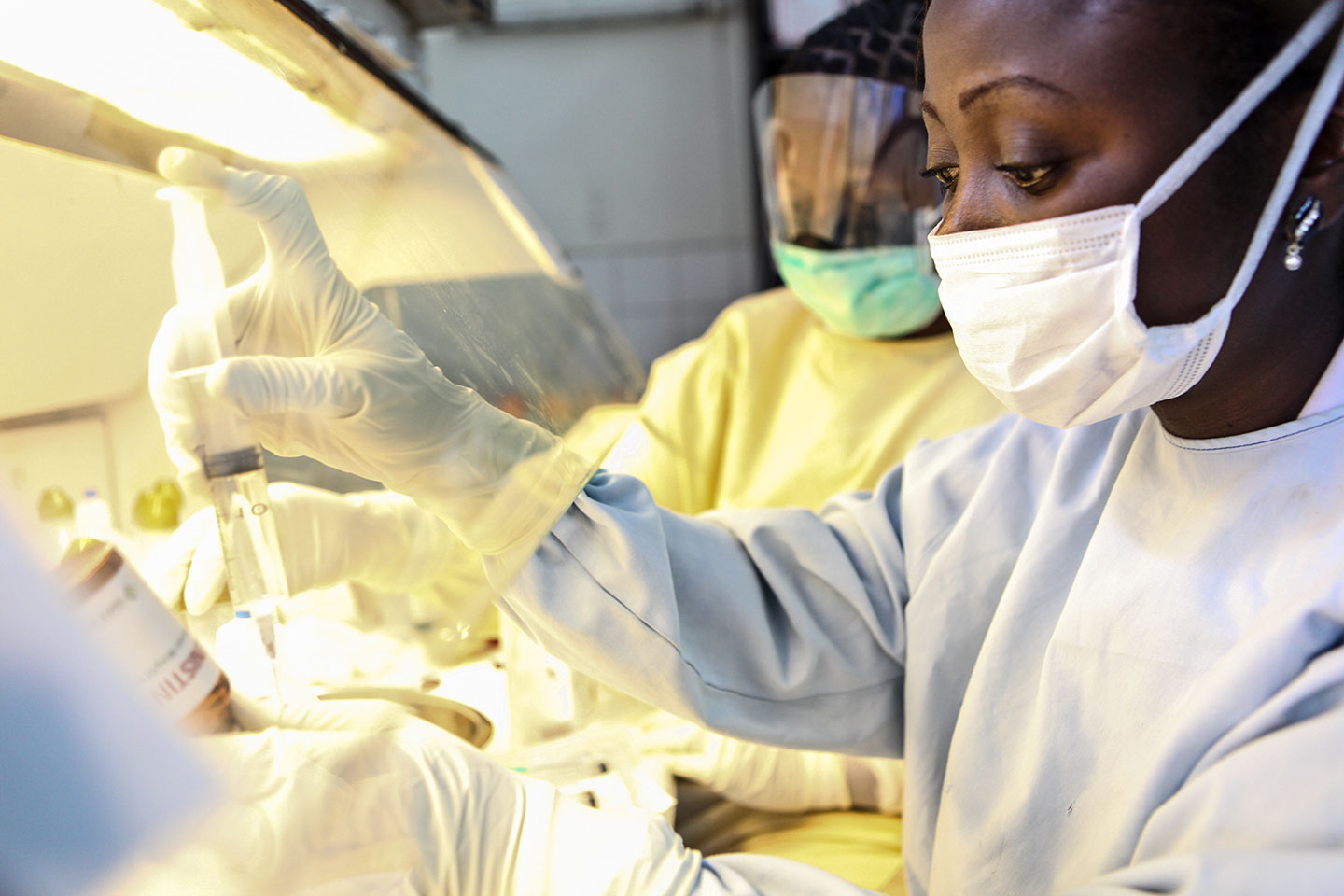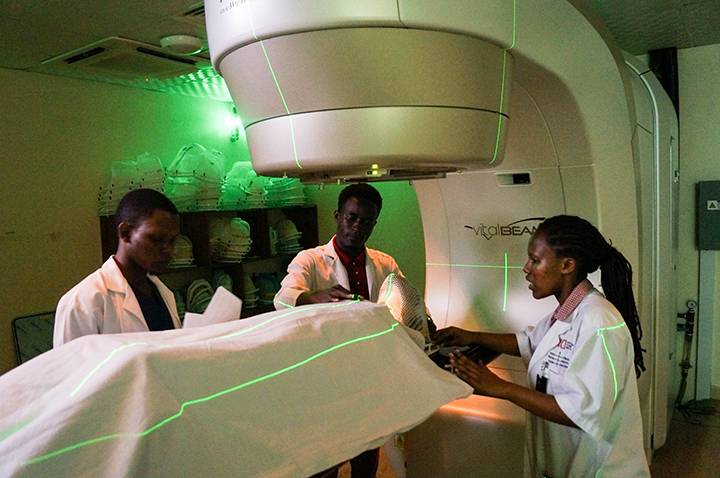
Cancer Treatment Improvements in Tanzania
By William Mziray, Published on March 31, 2025
Introduction
Expanding Access to Early Diagnosis and Care
Tanzania is making significant strides in combating cancer, a leading cause of mortality in the country, through the establishment of new specialized treatment centers and nationwide awareness campaigns. With over 35,000 new cancer cases reported annually (WHO, 2023), the government and private sector are collaborating to improve early detection and treatment, addressing a critical gap in healthcare services.
Main Content
Expansion of Cancer Care Infrastructure
In recent years, Tanzania has seen the opening of several modern oncology centers, including the Aga Khan Hospital’s Cancer Centre in Dar es Salaam and the Bugando Medical Centre’s upgraded oncology unit in Mwanza. These facilities provide advanced diagnostic tools such as mammography, CT scans, and biopsy services, enabling earlier and more accurate cancer detection (Ministry of Health Tanzania, 2024). Additionally, the government’s partnership with international organizations like the International Atomic Energy Agency (IAEA) has facilitated the installation of radiotherapy machines, reducing the need for patients to seek treatment abroad.

Improved Early Detection and Public Awareness
Public health campaigns focusing on breast, cervical, and prostate cancer have increased screening rates, particularly among women. The "Cancer ni Kifo?" ("Is Cancer Death?") initiative has educated communities on recognizing early symptoms and dispelling myths about the disease (Tanzania Cancer Society, 2023). Mobile clinics in rural areas further extend screening services to underserved populations.
Challenges and the Road Ahead
Despite progress, Tanzania faces obstacles in cancer care, including:
- Limited specialists: Few oncologists serve the entire country, leading to long wait times.
- High costs: Many patients cannot afford treatment, even with government subsidies.
- Late-stage diagnoses: Cultural stigma and limited awareness still delay medical visits.

Conclusion
Conclusion
Tanzania’s investment in cancer infrastructure marks a crucial step toward reducing cancer-related deaths. Sustained funding, training of medical professionals, and expanded insurance coverage will be essential to ensure equitable access to life-saving treatments.
Key Takeaways:
- New cancer centers provide advanced diagnostics and radiotherapy.
- Awareness campaigns have improved early detection rates.
- More investment is needed to address cost and specialist shortages.
References
- Ministry of Health Tanzania. (2024). National Cancer Control Plan 2024–2028.
- Tanzania Cancer Society. (2023). Annual report on public awareness initiatives.
- WHO. (2023). Cancer country profile: Tanzania. World Health Organization
Frequently Asked Questions (FAQs)
What are the recent improvements in cancer treatment in Tanzania ?
Tanzania has made significant progress in cancer care by expanding access to early diagnosis, increasing the number of treatment centers, and improving the availability of chemotherapy and radiotherapy services. The government and private sector are also investing in specialized cancer hospitals and awareness programs.
How is Tanzania improving early cancer diagnosis ?
The country is enhancing early diagnosis by equipping regional hospitals with better screening tools, training healthcare workers, and running awareness campaigns to encourage people to seek medical attention early. Mobile health clinics are also helping to reach rural communities.
What types of cancer treatments are available in Tanzania ?
Cancer patients in Tanzania have access to chemotherapy, radiotherapy, surgery, and palliative care. The main cancer treatment center is the Ocean Road Cancer Institute (ORCI) in Dar es Salaam, but new regional facilities are expanding treatment options nationwide.
Is cancer treatment free in Tanzania ?
The government provides free cancer treatment at public hospitals like ORCI. However, some medications and specialized procedures may require out-of-pocket payments or health insurance coverage.
